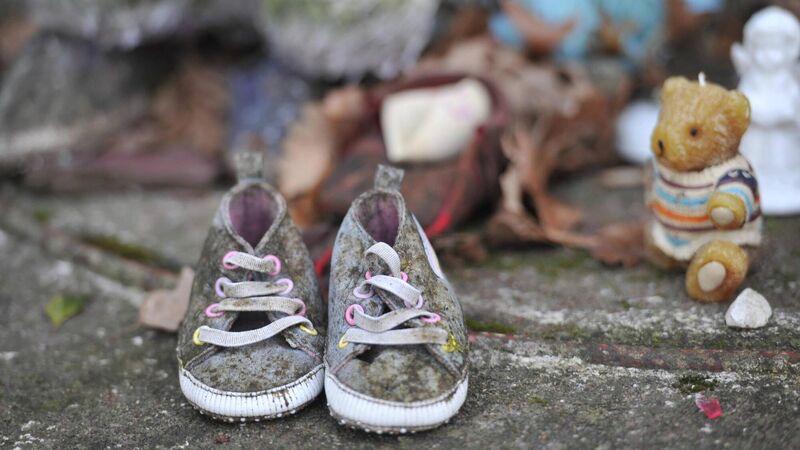Clodagh Finn: Forget flip-flops, remember how we treated mother and baby home survivors

Shoes at Bessborough in Cork. The women who gave birth in mother and baby ‘homes’ in the last century were cast out by the State, Church, and society.
Try from €1.50 / week
SUBSCRIBE
Shoes at Bessborough in Cork. The women who gave birth in mother and baby ‘homes’ in the last century were cast out by the State, Church, and society.
Here are some of my recent diary entries.
One: RTÉ spent nearly €5,000 on party flip-flops.
Already a subscriber? Sign in
You have reached your article limit.
Annual €130 €80
Best value
Monthly €12€6 / month
Introductory offers for new customers. Annual billed once for first year. Renews at €130. Monthly initial discount (first 3 months) billed monthly, then €12 a month. Ts&Cs apply.
CONNECT WITH US TODAY
Be the first to know the latest news and updates
Newsletter
Sign up to the best reads of the week from irishexaminer.com selected just for you.

Select your favourite newsletters and get the best of Irish Examiner delivered to your inbox
Sunday, February 8, 2026 - 9:00 PM
Sunday, February 8, 2026 - 7:00 PM
Sunday, February 8, 2026 - 8:00 PM
© Examiner Echo Group Limited